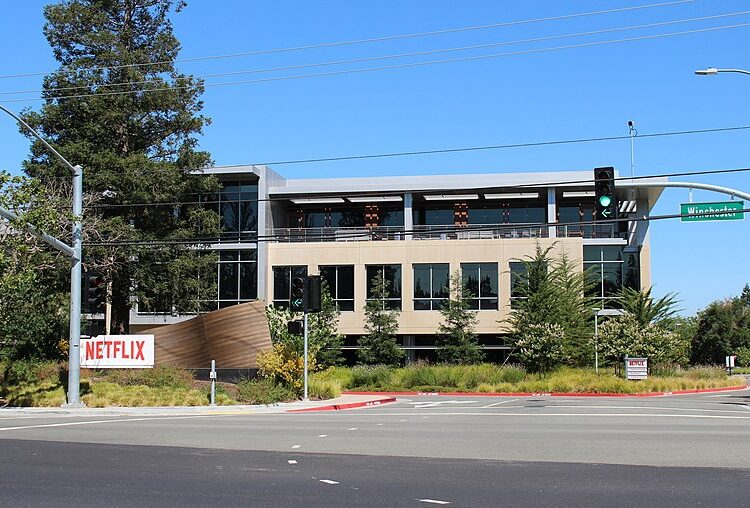Can Beijing bridge the gap between Kyiv and Moscow amidst rising tensions?
- Ukrainian Foreign Minister Dmytro Kuleba met with Chinese Foreign Minister Wang Yi in Guangzhou.
- China calls for a diplomatic solution to the Ukraine war, but Ukraine sees no readiness from Russia.
- China has been a key partner for Russia, helping it evade Western sanctions through increased trade.
- China aims to position itself as a global peacemaker, hosting talks with various factions, including Palestinian groups.
- Ukraine is frustrated with China’s support for Russia and is seeking to rebalance relations ahead of the U.S. elections.
In a significant diplomatic move, Ukrainian Foreign Minister Dmytro Kuleba met with Chinese Foreign Minister Wang Yi in Guangzhou, marking Kuleba’s first high-level visit to China since Russia’s invasion of Ukraine. During their discussions, Wang Yi reiterated China’s call for a diplomatic resolution to the ongoing conflict, while Kuleba expressed Ukraine’s willingness to negotiate only when Russia is ready to engage in good faith. However, Kuleba noted that such readiness is currently absent from the Russian side.nnThe backdrop of these talks is a war that has dramatically altered European security and caused global economic disruptions. Various nations, including Turkey, have attempted to mediate peace talks since the onset of the invasion in February 2022. China, maintaining a neutral stance, has become a crucial ally for Russia, helping it withstand Western sanctions through increased trade, particularly in oil and gas.nnChina’s leader Xi Jinping and Russian President Vladimir Putin have fostered a close relationship, declaring a ‘no-limits’ friendship prior to the war. Despite accusations from U.S. and European officials regarding China’s provision of military support to Russia, Beijing has denied these claims, asserting that it strictly controls the trade of dual-use goods.nnIn its quest to be seen as a global peacemaker, China has also hosted meetings with Palestinian factions, aiming to promote unity among them. This week, Wang Yi emphasized the importance of returning to negotiations to resolve the Ukraine crisis, while also highlighting a six-point peace proposal issued by China and Brazil in May.nnUkraine, however, remains skeptical of China’s intentions, especially given its support for Russia. The recent meeting comes amid rising concerns in Ukraine about the potential shift in Western support, particularly with the upcoming U.S. elections. Former President Donald Trump has suggested that he would push for an end to the war, raising questions about future U.S. funding for Ukraine.nnKuleba’s visit follows a public dispute between Ukrainian President Volodymyr Zelensky and China, where Zelensky accused Beijing of undermining peace efforts. Despite this, Wang Yi did not address these criticisms during the meeting.nnAs the conflict continues, Ukraine is pushing for a second international summit to advance its peace vision, hoping to host it in a Global South country with Russia’s participation. The situation remains fluid, with both sides holding firm to their demands, complicating the path to peace.·
Factuality Level: 7
Factuality Justification: The article provides a detailed account of the meeting between Ukrainian and Chinese foreign ministers, presenting various perspectives on the ongoing conflict. While it includes some background information and context, which may be seen as tangential, the core facts are generally accurate. However, there are instances of potential bias in the portrayal of the parties involved, and some statements could be interpreted as opinion rather than objective reporting.·
Noise Level: 7
Noise Justification: The article provides a detailed account of the meeting between Ukrainian and Chinese foreign ministers, discussing the geopolitical implications and the context of the ongoing war. It includes relevant information about the positions of both Ukraine and China, as well as the broader international dynamics. However, it lacks a deeper analysis of long-term trends or actionable insights, which prevents it from achieving a higher score.·
Key People: Dmytro Kuleba (Ukrainian Foreign Minister), Wang Yi (Chinese Foreign Minister), Xi Jinping (Chinese leader), Vladimir Putin (Russian President), Volodymyr Zelensky (Ukrainian President), Donald Trump (Former President of the United States)
Financial Relevance: Yes
Financial Markets Impacted: The article discusses the geopolitical tensions between Ukraine, Russia, and China, which can influence global commodity prices and market stability.
Financial Rating Justification: The article addresses the ongoing conflict in Ukraine and its implications for international relations and trade, particularly regarding energy resources and economic sanctions, which are crucial financial topics.·
Presence Of Extreme Event: Yes
Nature Of Extreme Event: Armed Conflicts and Wars
Impact Rating Of The Extreme Event: Major
Extreme Rating Justification: The ongoing war between Russia and Ukraine has resulted in significant military engagements, territorial changes, and has severely impacted European security and global commodity prices. The conflict has led to numerous casualties and has displaced many people, thus warranting a ‘Major’ impact rating.·
 www.wsj.com
www.wsj.com 





